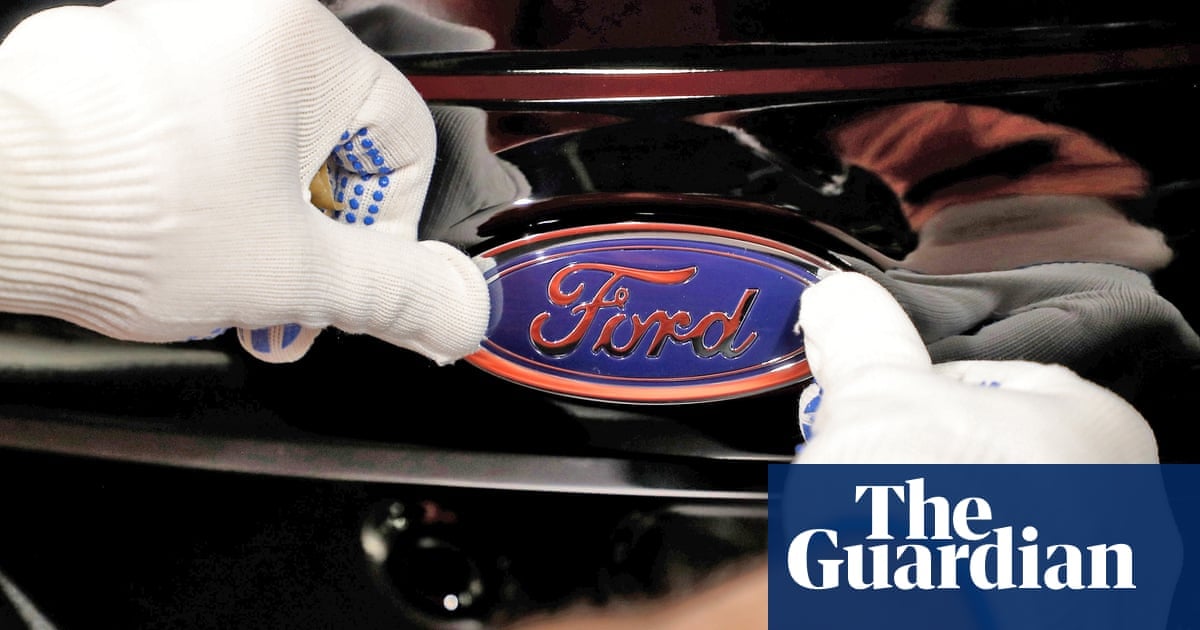Ford has written off $1.9bn as it cancelled plans for an all-electric large SUV in the US, opting to produce a hybrid version instead in the latest sign of western carmakers struggling to make profitable electric cars.
The US carmaker said on Wednesday that it would not be able to reach a profit on the electric SUV within a year, its measure of whether a new car is viable, citing the stiff competition from Chinese manufacturers. It will initially write off the cost of $400m (£300m) in tooling for the vehicle, plus another $1.5bn (£1.15bn) in extra costs in the future.
Ford also said it would delay the successor to its F-150 Lightning electric pickup truck until 2027, after initially targeting a launch next year.



You know what blows my mind? Ford actually made an inexpensive small truck, and they couldn’t keep them in stock. It flew off the shelves so fast pre-orders were taking almost a year to produce.
They turn around and then make an almost 6 figure electric version of the f150, then wonder why they didn’t sell.
Make an affordable electric vehicle, and you won’t have a single problem selling them. It’s not this fucking hard! Imagining how far the oil industry is up the asses of car manufacturers is a real scary thought.
I remember when they first revealed the price as around $40k. At that price, there was a lot of demand. I don’t know if they underestimated expenses or they got greedy with the covid pump in prices, but it’s obvious that price is one of the biggest factors affecting demand. Ultimately, EVs should be cheaper to produce than internal combustion vehicles because there are far fewer parts involved.
A barebones (“work truck”?) electric Maverick would be wonderful.
💯💯 Just a basic electric poverty spec truck with roll up windows, and a dot matrix radio 260 miles of range, and 150kW charging We don’t need all this smart crap just own the fact that you’re old hat
The smart crap is pennies on the dollar compared to rest of it.
And yet that is the shit that breaks and takes down there whole truck
Honestly its wild to hear how intergrated some infotainment systems and critical systems are.
Higher profit margin. They’d rather sell 1 truck at a $50,000 profit than 50,000 trucks with a $2000/ea profit.